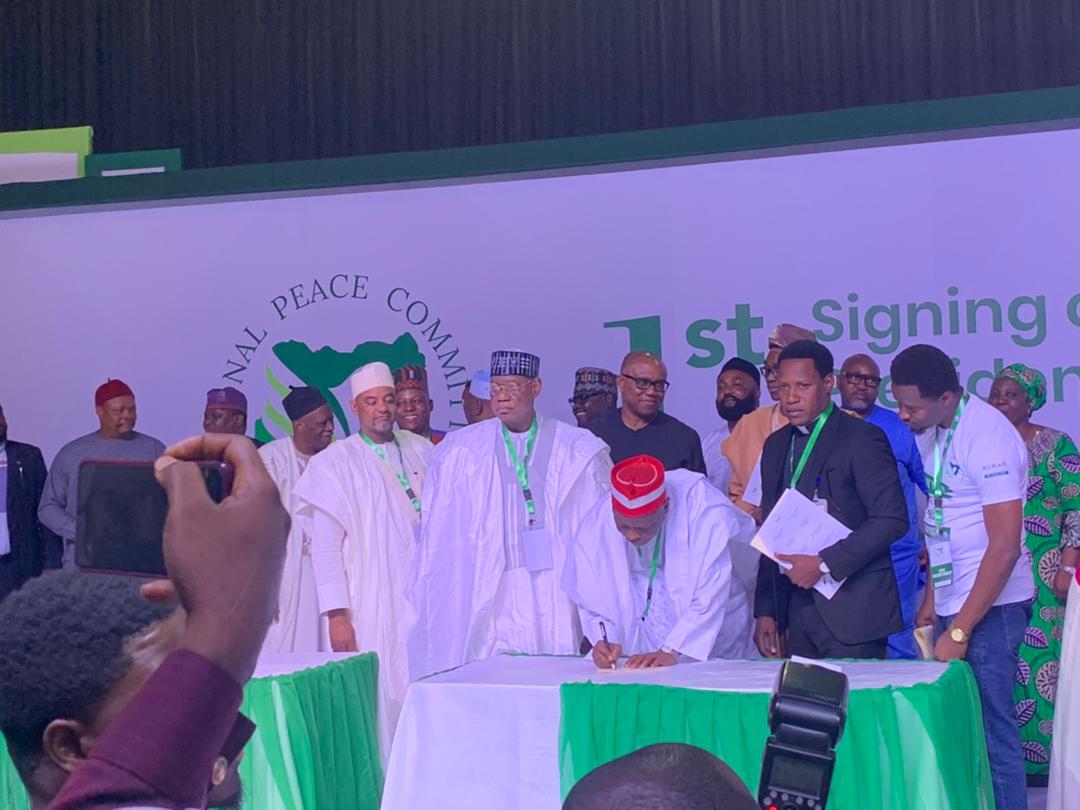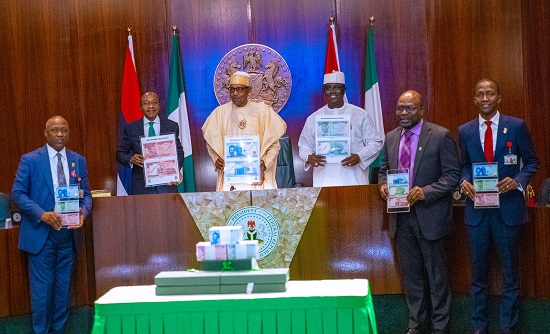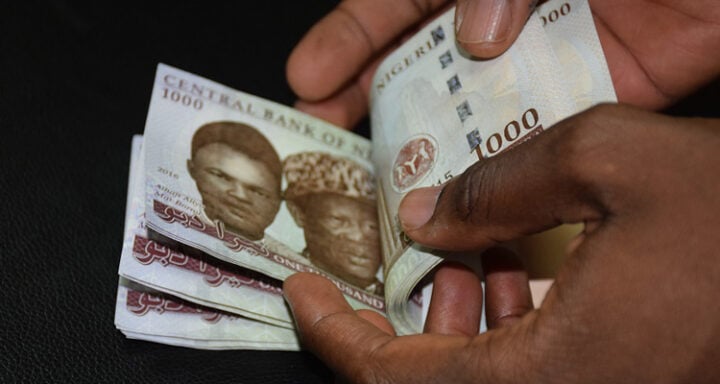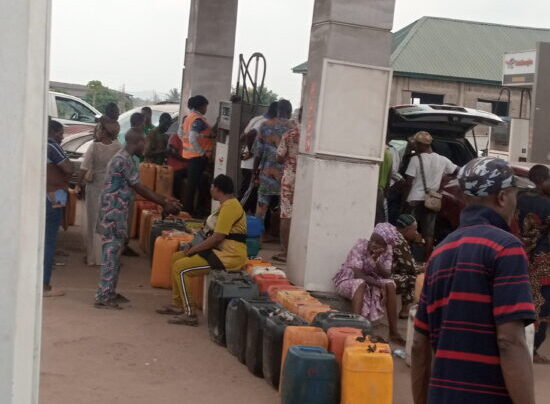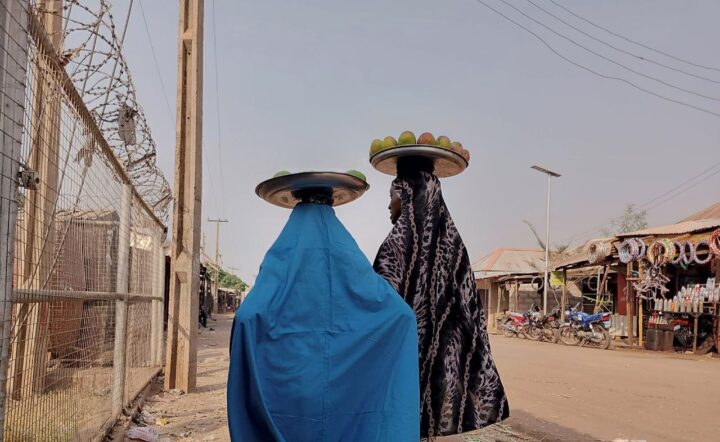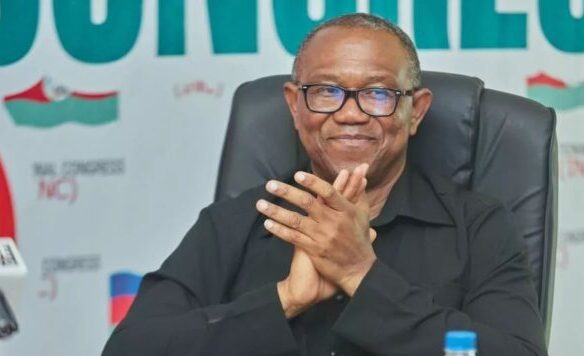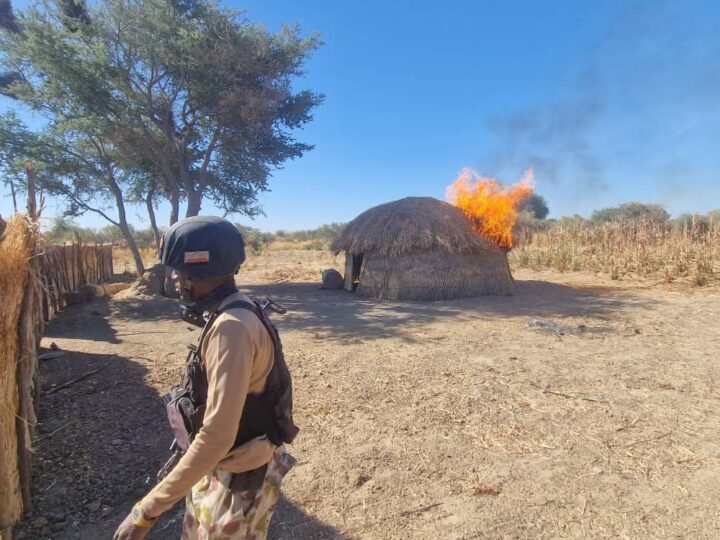Violent attacks, politically-related killings, clashes among supporters — and even an explosion — have exemplified the chaotic run-up to the eagerly-awaited general election that will herald a transition of government at the federal level.
As Nigerians prepare to perform their franchise, the actions of politicians and their supporters have raised concerns about the impact violence and fear of violence may have on election day.
Since September 2022, when the Independent National Electoral Commission (INEC) lifted the ban on campaigns, pre-election violence has been a recurring decimal.
In recent weeks, there have been accusations and counter-accusations by political actors, especially members of the Peoples Democratic Party (PDP) and the All Progressives Congress (APC), regarding violent attacks on their rallies and campaign offices in various parts of the country.
Advertisement
With personal political attacks — laced with bile and hate — commonplace on social media, perhaps it’s no surprise that some supporters of political parties have escalated the pre-election antics to physical attacks.
But with just two weeks to the elections — if these acts of violence persist —what implications will they have on the polls?
PRE-ELECTION VIOLENCE IN 2022
Advertisement
October 16: One person was killed while 18 people were injured when APC and PDP supporters clashed in Zamfara state.
October 23: PDP alleged that there was an attack on its Lagos governorship candidate campaign train, with many reportedly injured.
November 9: Seventy-four persons were hospitalised, while 70 vehicles were damaged during an attack on the campaign of Atiku Abubakar, PDP presidential candidate, in Maiduguri, Borno state capital.
December 9: Thugs attacked the residence of the Atiku campaign chairman in Rivers state.
Advertisement
December 12: PDP put the blame on APC when hoodlums set ablaze its governorship candidate’s campaign office in Gombe state.
December 16: Gunmen killed the Imo Labour Party (LP) candidate for the state house of assembly.
…AND THE VIOLENCE CROSSED OVER INTO THE NEW YEAR
January 14: Several persons were killed when gunmen attacked the residence of the Coalition of United Political Parties (CUPP) spokesperson in Imo state.
Advertisement
January 19: An explosion rocked the APC campaign rally in Rivers state.
January 24: Peter Obi, Labour Party presidential candidate, was allegedly attacked after a rally in Katsina state.
Advertisement
January 27: PDP accused APC supporters of attacking its members in Lagos.
February 6: Hoodlums attacked the Rivers APC campaign rally.
Advertisement
February 9: Abiye Sekibo, director-general of the PDP presidential campaign council in Rivers, was allegedly attacked by gunmen in the state.
OF WHAT USE IS THE PEACE ACCORD?
Advertisement
In September 2022, presidential candidates of the major political candidates signed a peace accord committing to peaceful campaigns ahead of the elections.
It was expected that the accord would result in peaceful electioneering, but recent clashes show that party supporters have not fully complied with the commitments of their standard bearers.
In November 2022, Babagana Monguno, national security adviser (NSA), said at least 52 cases of electoral violence were recorded across 22 states within one month.
Monguno described the situation as a “bad signal” that must be dealt with decisively, noting that any political party that is using violence as a tool to win elections will face the consequences.
“Now, for those people who control these groups that have a tendency for unleashing violence, those people who have gangsters working for them, I want to send a very clear categorical and unequivocal warning, regardless of any party including the party of the president,” he had said.
“For as long as you decide to scatter the election process, the law enforcement agencies will be uninhibited and equally visit you with the consequences of whatever actions you take.
“Those people who have a history of organising and controlling groups, please re-assess, re-evaluate. Hold your people and advise them that as long as they behave in a manner that suggests non-compliance with the election laws, they will be held accountable.”
But despite the warning and the peace accord, pre-election violence has persisted.
HOW WOULD VIOLENCE IMPACT THE POLLS?
A recent report by the Tony Blair Institute ahead of the elections identified threats that may jeopardise the polls, including electoral violence.
According to the global non-profit organisation, pre-election violence is used by politicians to commit electoral fraud.
“These incidents offer a window into what appears to be a contingent of competitive politicians seeking to mobilise gangs and hoodlums to harass and pressure opponents, make voters fearful and commit electoral malpractice in the lead-up to the 2023 election,” the report stated.
‘IT MAY AFFECT VOTER TURNOUT’
Victor Terhemba, acting executive director of Raising New Voices (RNV), said if the spate of violence does not dwindle before the elections, it could affect turnout at the polls.
He said the electorate who have noticed acts of violence may be discouraged from coming out to vote because of fear of being attacked.
“It is a threat to our democracy and the upcoming elections. Even on social media, what we see is the supporters of political parties going against each other with personal attacks and insults,” he said.
“What this portends for the elections if it continues, will undermine the integrity of the elections. One of the reasons we have a low turnout of voters on election day is the issue of electoral violence. If this kind of violence continues, well-meaning citizens will become sceptical about coming out to vote for fear of being victims of election violence.”
Providing insight on the development, Hamzat Lawal, chief executive of Connected Development (CODE), said the organisation launched the national security watch project (NSWP) to track security breakdown ahead of the elections.
“While thuggery taints the credibility of elections, the direct implications are not easy to ascertain. From unemployment to poverty, godfatherism to prebendal politics — several factors have been implicated as drivers of thuggery,” he told TheCable.
“Whatever the causes are, the actual danger posed by political violence goes beyond election days — because thuggery involves the domination and suppression of groups or persons in acquiring and sharing political power, the confidence of many Nigerians in the politics and institutions tasked with elections management and administration becomes significantly challenged.”
WHAT IS THE WAY FORWARD?
In Terhemba’s opinion, pre-election violence must be tackled to build the confidence of voters that the election will be peaceful.
“The pre-election violence also undermines the peace accord that candidates of political parties signed. I think parties that engage in electoral violence of any sort should be sanctioned in such a manner that will deter others,” he said.
Hassan Labo, a security analyst, believes that perpetrators of acts of electoral violence must be made to face justice to deter others.
“It is a clear indication that appropriate authorities have got to really sit up and ensure that political parties play to the rules of the game. Sanctions must be issued to defaulters so that they will serve as a deterrent to other potential troublemakers,” he said.
Timothy Avele, a security expert, said more personnel should be deployed to polling units for the purpose of preventing security breaches during the campaign process and election day.
“It will have a negative effect on the election. It is possible elections may not even hold in some areas,” he said.
“But I think the scarcity of the newly redesigned naira and fuel price increase will add to or even worsen the already volatile security situation pre-election and post-election. It would be wise to double the electoral security officials, otherwise, it could spell doom for the entire process.”
Lawal of Connected Development added that with the elections just days away, the government must deploy every means possible to “fight political thuggery to a standstill”.
Add a comment
